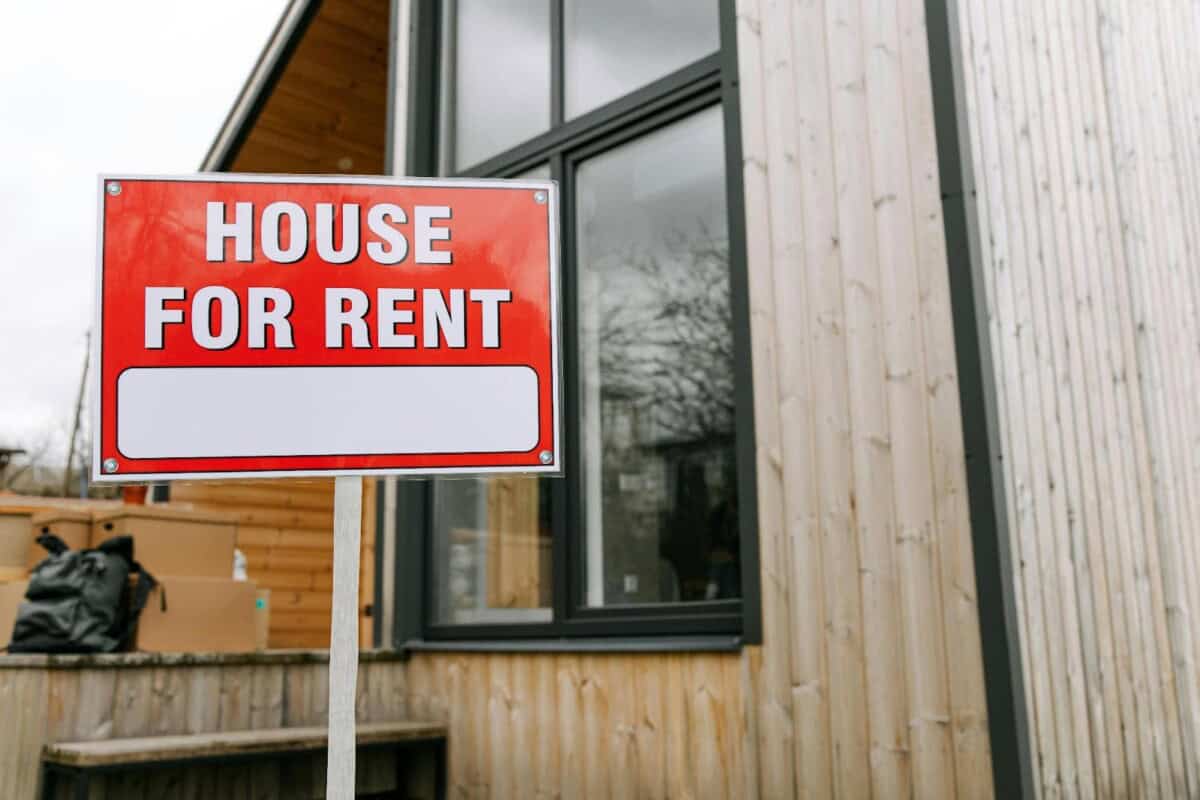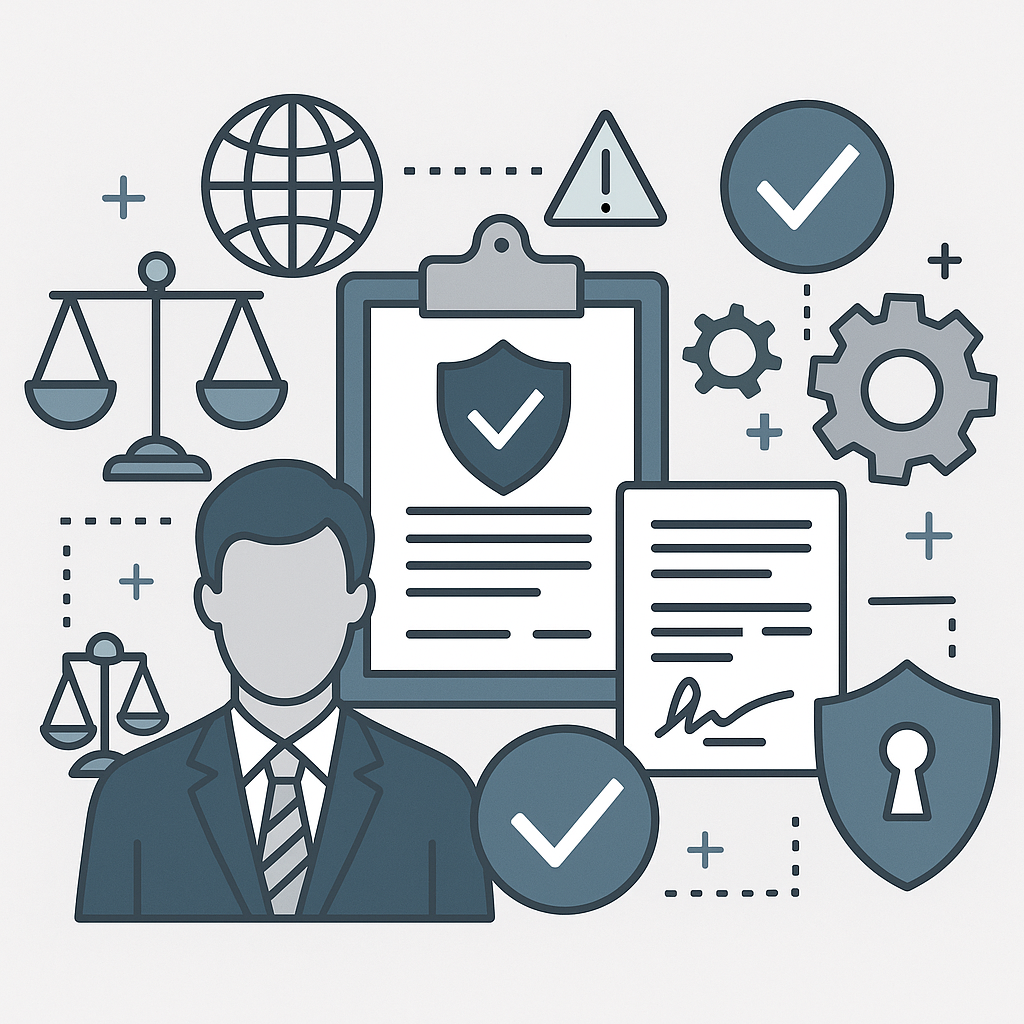
The relationship between landlords and tenants is often described as a dance of trust and obligation, full of potential missteps and misunderstandings. Mutual trust is vital, yet notoriously hard to build. Landlords fear damage and delinquency, while tenants dread neglect and harassment. But here’s the thing: trust isn’t born—it’s built. To construct a solid foundation of trust, landlords and tenants must engage in open communication, fairness, and understanding.
Consistent Communication: Keep the Dialogue Open
If transparency forms the foundation, consistent communication is the scaffolding holding everything together. Regular check-ins can diminish feelings of neglect and create stronger landlord-tenant bonds. A landlord who checks in about maintenance prevents potential disasters from evolving into costly fiascos. On their part, tenants should be encouraged to report issues without fear of repercussions. Effective dialogue can transform liabilities into opportunities for improvement, keeping the gears of cooperation well-oiled and functioning.
Effective dialogue isn’t only about verbal or written communication; it involves listening—actively. Landlords should invite tenant feedback regularly, ensuring that their voices are heard and valued. Conversely, tenants should be willing to offer constructive input about the rental experience. This exchange not only resolves existing issues but also serves as a continuous improvement plan that benefits both parties through mutual participation.
Understanding the legal framework of tenancy can also play a vital role in fostering trust, especially in preventing potential conflicts. For those navigating complex legalities, consulting resources such as a California eviction attorney can provide clarity and assurance, helping both parties align within legal boundaries and expectations.
Punctuality and Reliability: Actions Speak Louder
Punctuality in rent payment and timely property maintenance are the equivalent of trust currency in rental agreements. Landlords appreciate tenants who respect rent due dates, while tenants value landlords who address maintenance requests promptly. No amount of sweet talk can replace a practical show of reliability. Trust is as much about doing what’s expected as it is about doing what’s honest. Each party must fulfill their commitments consistently to earn and uphold trust.
Beyond the expected, going the extra mile can significantly strengthen the trust factor. Landlords might introduce incentives, such as discounts for timely payments or small gifts during festive seasons, as gestures of appreciation. On the flip side, if tenants foresee any issues with payments due to unforeseen circumstances, informing the landlord proactively displays responsibility and respect, reinforcing trust through honest communication.
Transparency: The Cornerstone of Trust
Transparency acts as the bedrock from which all sincere relationships spring, including those between landlords and tenants. This means full disclosure from the get-go. Landlords must clearly outline tenancy agreements, specifying every detail—from rent to responsibility for repairs. Forget flowery language filled with loopholes; simplicity and clarity are key. Meanwhile, tenants must be upfront about their situation, reliability, and any concerns they foresee. Mutual transparency ensures that both parties are aware of their roles and responsibilities, minimizing potential disputes and fostering a sense of security.
However, transparency must extend beyond initial agreements to ongoing interactions. Landlords can benefit greatly from sharing any planned developments or potential changes within the property. Whether it’s informing tenants about upcoming maintenance work or community alterations, being proactive in communication helps cultivate trust. Similarly, tenants should express important changes in household dynamics, such as a change in income or the addition of roommates, to maintain an open and truthful connection.
Fairness and Respect: The Unyielding Bond
All this talk of rules can sound rigid, but there’s a warmth to fairness and respect that brings life to any relationship. Fighting the “us vs. them” mentality with mutual respect is like adding a touch of hospitality into the contract. Just as landlords should regard tenants as valued customers rather than potential problems, tenants should view landlords as partners rather than authoritative figures. Ensuring fair rent increases, protecting tenant privacy, allowing appropriate pets, or recognizing tenants’ anniversaries are all simple gestures that can make a huge difference.
Moreover, fairness should underpin resolving conflicts. Disagreements are natural in any relationship, but addressing them calmly and constructively promotes mutual understanding. Arranging mediated discussions or leveraging third-party support can help navigate disputes fairly, ensuring that both parties feel heard and respected. A fair conflict resolution approach empowers the relationship, fostering a cycle of trust and collaboration.
Harnessing Technology: The Communications Aid
Even in the absence of face-to-face meetings, technology allows for seamless digital interactions. Rent payment platforms, virtual property tours, and maintenance apps serve as bridges over communication gaps. While nothing beats face-to-face interaction, leveraging digital tools provides the adaptability necessary in today’s world. Tenants can easily record maintenance requests while landlords remain informed about the property’s health. These tools keep communication lines open and efficient, nurturing trust at a distance.
Furthermore, incorporating modern scheduling tools can help improve interactions. Whether setting reminders for property inspections or renewing contracts, technology can reduce the chances of miscommunication and forgotten responsibilities. It enhances trust by showing respect for each other’s time and priorities.
Conclusion
Building trust between landlords and tenants isn’t about wielding power or rigidly adhering to agreements. It’s about creating a cooperative environment where every interaction pushes the relationship a little further toward a harmonious balance. By prioritizing transparency, communication, recognition of responsibility, fairness, and utilizing technology, both parties can thrive in a space built on mutual trust, rising above preconceived notions and cementing a sustainable, peaceful coexistence. Trust isn’t just nice to have; it’s the very essence of a successful rental relationship.






